 Last updated: February 18th, 2020 5:37 PM
Last updated: February 18th, 2020 5:37 PM
Kerala Land Valuation Certificate
State Government sets the fair value of land in Kerala from time to time. Property registration charges and the stamp duty are calculated based on the fair value of land maintained by the Kerala Government. Property value supported by the Government is revised periodically as per market value and fair value. Valuation certificate is used to prove the fair value of property in a particular District and Taluk. In this article, we look at the procedure for obtaining land valuation certificate for a property in Kerala.Importance of Land Valuation Certificate
Land valuation certificate is an important document to prove the value of property in a particular area. Also, the valuation certificate has to be submitted to get a bank loan. A recommendation for all landowners is to check and obtain a land valuation certificate every 3 to 5 years.Fair Value of Land
Fair Value of land is calculated and notified by the Kerala Government. It is evaluated based on the type of road, the importance of plot, road access and the nature of the land. In Kerala fair value of land can be checked on the Kerala Government Department of Registration webpage following the steps below: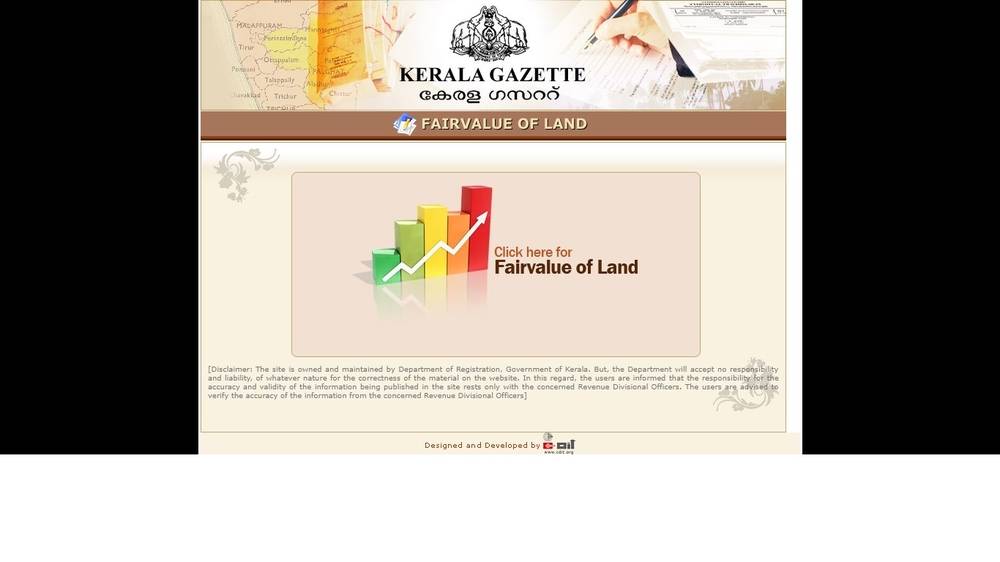 Image 1 Kerala Land Valuation Certificate
Click on Fair value of Land. In the new page, select District, RDO, Taluk, survey number and village.
Image 1 Kerala Land Valuation Certificate
Click on Fair value of Land. In the new page, select District, RDO, Taluk, survey number and village.
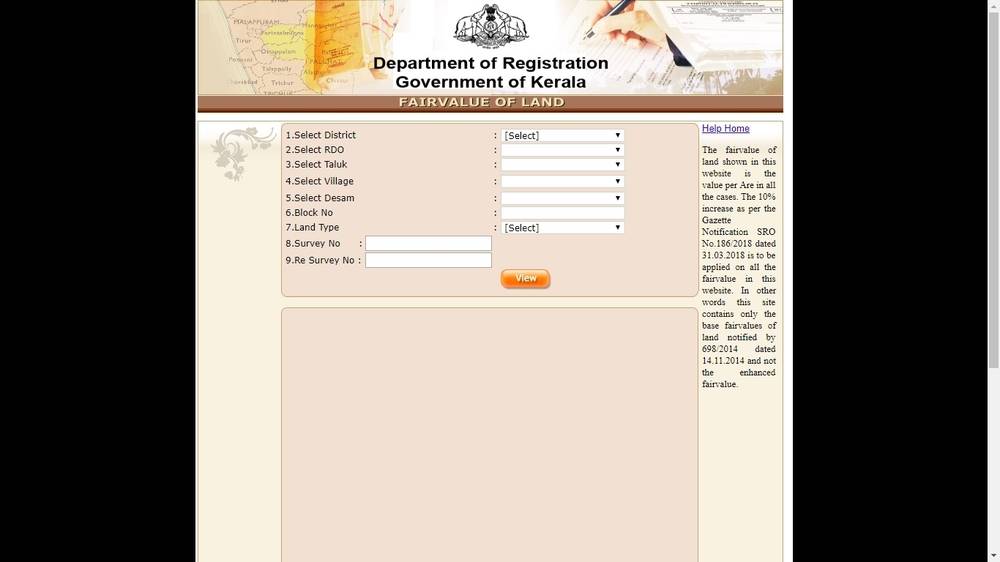 Image 2 Kerala Land Valuation Certificate
The fair value of the particular property will appear.
Image 2 Kerala Land Valuation Certificate
The fair value of the particular property will appear.
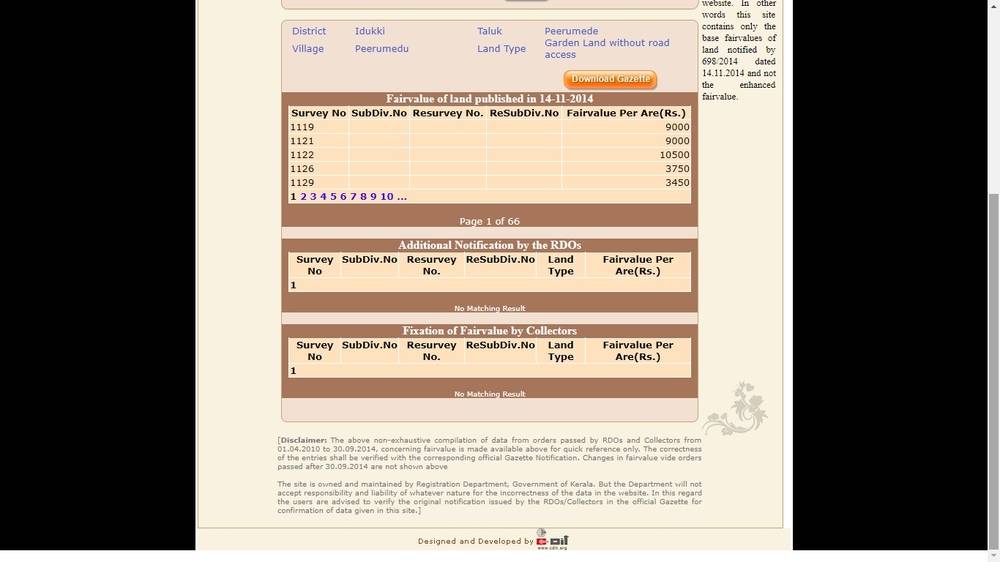 Image 3 Kerala Land Valuation Certificate
Image 3 Kerala Land Valuation Certificate
Documents Required
The following documents are necessary for obtaining the land valuation certificate:- Identity Proof - Aadhaar Card
- Address Proof - Voters ID
- Proof of ownership of property
- Encumbrance certificate
- Land Tax Details
Processing Time
The issuance of valuation certificate will take place within 15 days from the date of application.Validity of Valuation Certificate
Valuation Certificate is valid only for a specified minimum period.Government Fees
- Akshaya Centre Charges – Rs. 28 (For SC or ST family Rs.12 and BBP family – Rs.20)
- Kerala e-district online charges – Rs.15
Applying for Valuation Certificate through Akshaya Centers
To apply for a land valuation certificate through the Akshaya centre, follow the below-mentioned steps: Step 1: Visit the nearest Akshaya Centre. Step 2: Complete all details in the application and apply the Akshaya centre service operator along with the application fee. Step 3: Get a receipt from the operator. It will contain an application number. Note: The applicant will receive SMS to the registered mobile number regarding the progress of the valuation certificate application. Step 4: Revisit Akshaya centre after receiving a “certificate issued” SMS. Step 5: The applicant can download and print the digitally signed valuation certificate with the help of the service operator.Applying Online through e-District Portal
Follow the below-mentioned steps to apply for land valuation certificate through the e-District portal: Step 1: Visit the homepage of e-District Kerala. Step 2: To avail certificate services in this portal, the applicant needs to register.User Registration
Step 3: Click on the new portal user creation option. In this page, the applicant will have to provide personal details for e-District registration.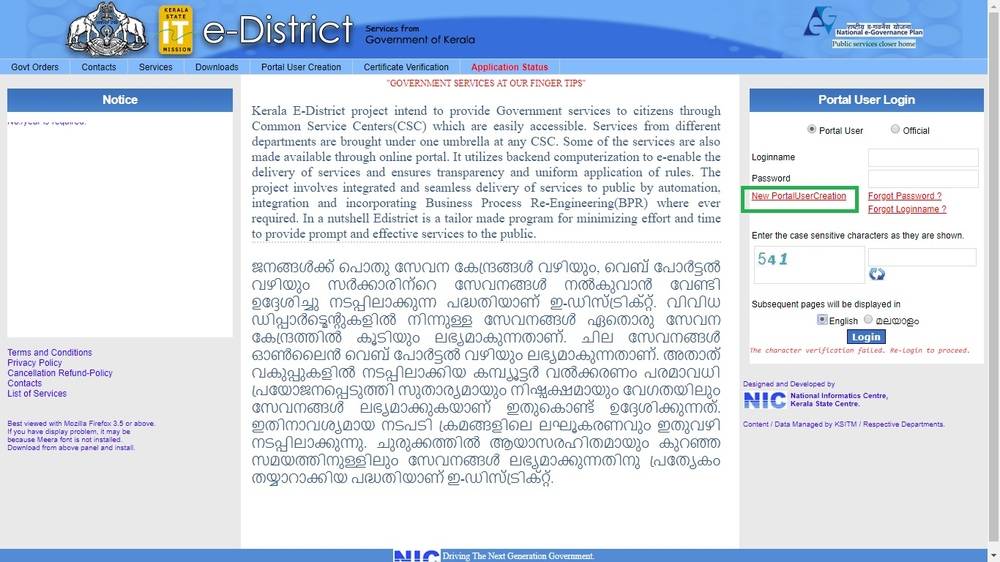 Image 4 Kerala Land Valuation Certificate
Step 4: Enter the DOB, Gender, Place, House number, Locality, Mobile number and Aadhaar number. Select the login name and password. Select any one password recovery question and write an answer to this question.
Image 4 Kerala Land Valuation Certificate
Step 4: Enter the DOB, Gender, Place, House number, Locality, Mobile number and Aadhaar number. Select the login name and password. Select any one password recovery question and write an answer to this question.
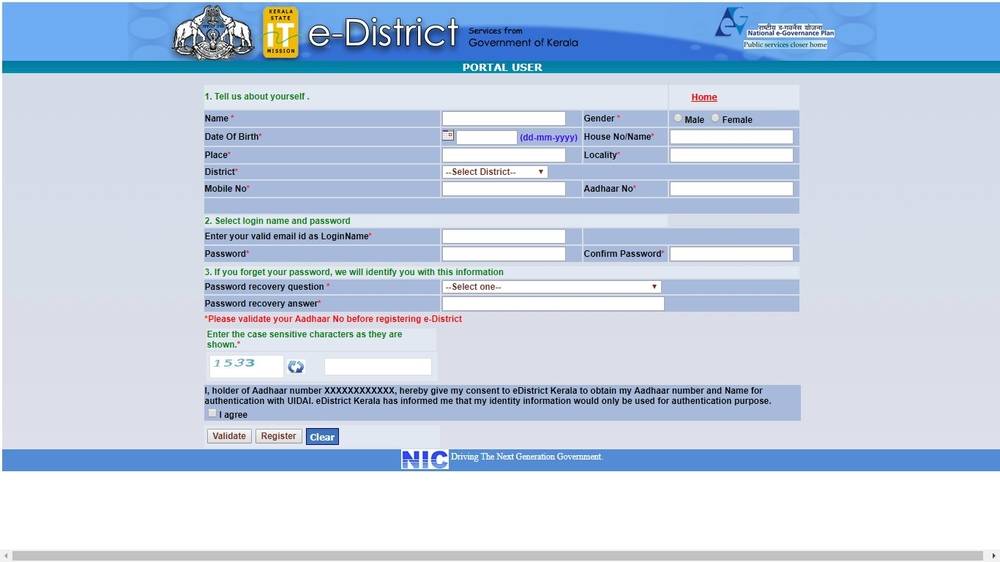 Image 5 Kerala Land Valuation Certificate
Note: If the applicant forgets the password, e-portal will identify the applicant with this information and they can recover the password.
Step 5: Enter the case-sensitive characters shown in the captcha image. The applicant needs to click on validate if all entered information is correct click on register.
Image 5 Kerala Land Valuation Certificate
Note: If the applicant forgets the password, e-portal will identify the applicant with this information and they can recover the password.
Step 5: Enter the case-sensitive characters shown in the captcha image. The applicant needs to click on validate if all entered information is correct click on register.
Login to the Portal
Step 6: Login into the e-district web portal using the username and password after registration to avail certificate services.One Time Registration
Step 7: One-time registration can be done by clicking ‘one-time registration’ option. The applicant has to enter all the details and click on the duplicate button. Note: Duplicate verification will find out if the applicant has already registered through any Akshaya Centers. After successful completion of the duplicate check, the ‘submit’ button will be enabled. Step 8: Now click on submit button. The applicant can edit the registered details later using ‘Edit Registration’. Step 9: Click Applicant registration the link will go to the next page. Click on submit. Step 10: After the completion of the registration, select “apply for certificate” and then click on get started. Follow the below three-stage process to apply valuation certificate online:Application Detail Section
Step 11: Enter the e-District register number. Select certificate type as valuation certificate and certificate purpose from the drop-down menu. Step 12: Enter the name and select self from the relationship drop-down menu and click on save.Attachment Section
Step 13: The applicant has to upload all required documents in PDF format. Step 14: Once the applicant has uploaded all the documents, they can make payment. Check the entered detail and select payment.Pay Fee and Get Receipt
Step 15: Pay fee for valuation certificate. Step 16: After successful payment of the fee, the applicant will redirect to the acknowledgement page. Now the applicant can take a print out of this receipt and valuation application. The applicant can check the status of the application in “transaction history” in e-portal. The applicant will receive SMS to the registered mobile number regarding the progress of the valuation certificate application.Download Valuation Certificate
Step 17: After receiving “certificate approved or issued” SMS on the mobile number, login into the e-District portal again and take a print out of the digitally signed valuation certificate.Popular Post

In the digital age, the convenience of accessing important documents online has become a necessity...

The Atalji Janasnehi Kendra Project that has been launched by the Government of Karnataka...

The Indian Divorce Act governs divorce among the Christian couples in India. Divorce...

When an individual has more than a single PAN card, it may lead to that person being heavily penalised, or worse,...

Employees Provident Fund (PF) is social security and savings scheme for employee in India. Employers engaged...


